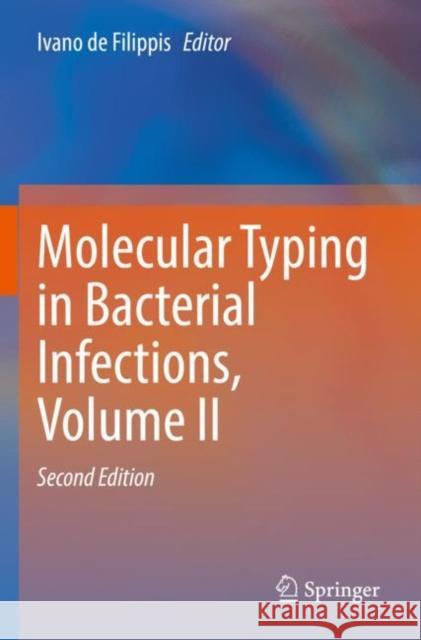Molecular Typing in Bacterial Infections, Volume II » książka
topmenu
Molecular Typing in Bacterial Infections, Volume II
ISBN-13: 9783030832162 / Angielski / Twarda / 2022 / 284 str.
Kategorie BISAC:
Wydawca:
Springer
Język:
Angielski
ISBN-13:
9783030832162
Rok wydania:
2022
Wydanie:
2021
Ilość stron:
284
Waga:
0.57 kg
Wymiary:
23.39 x 15.6 x 1.75
Oprawa:
Twarda
Wolumenów:
01
Dodatkowe informacje:
Wydanie ilustrowane











